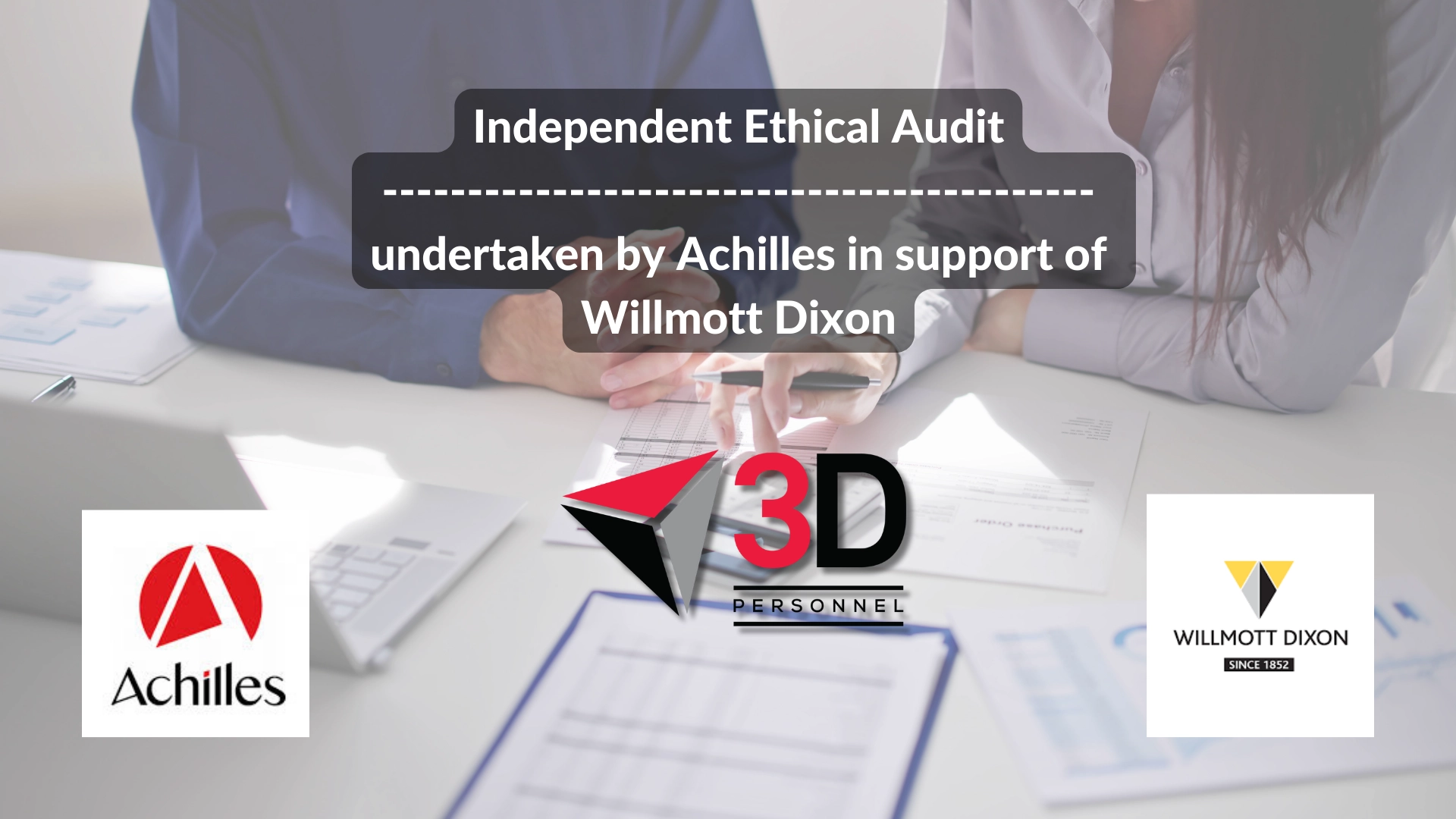
Our website hero video

A collection of media resources relating to 3D Personnel and the wider construction industry

Our website hero video

3D Personnel have recently engaged with one of our key clients Willmott Dixon in an external...

The Dingle Way is a trail that takes hikers through the stunning landscapes of the Dingle Pe...


 0:55
0:55